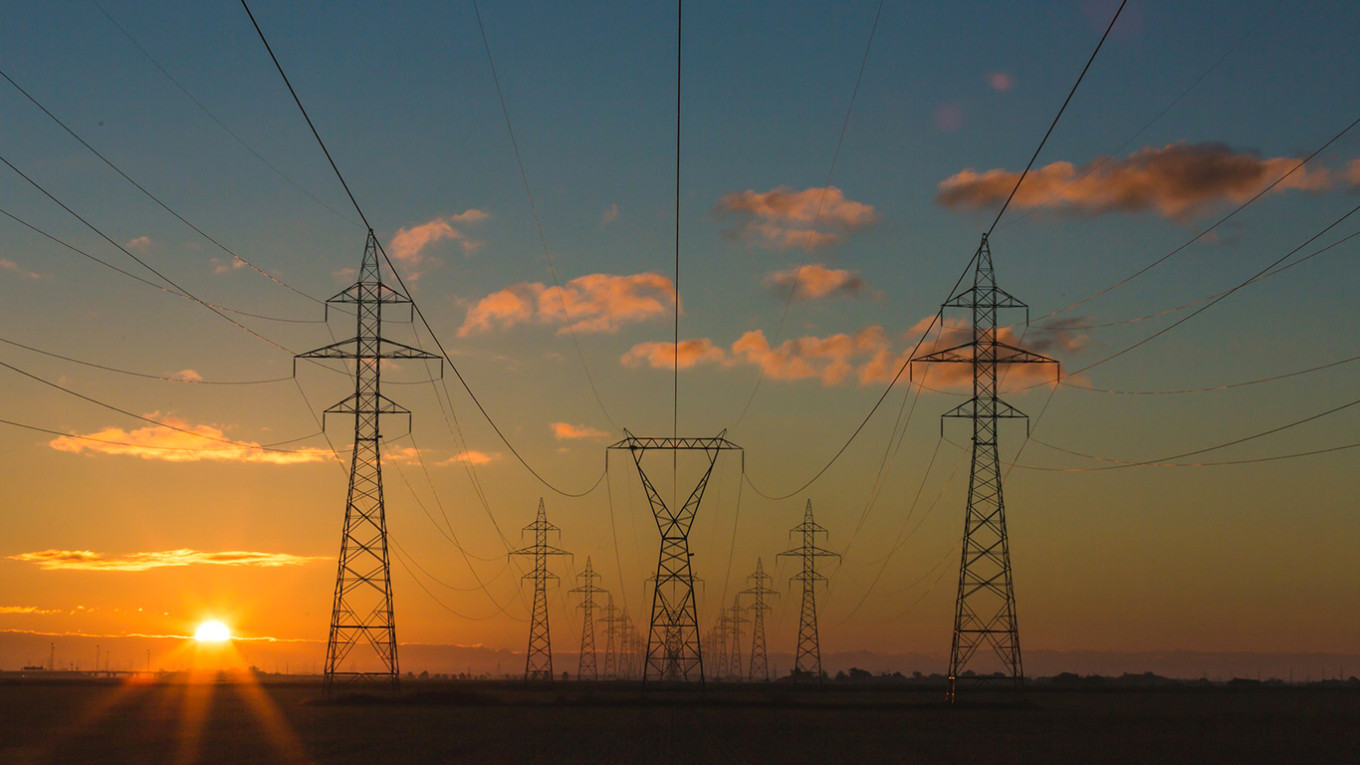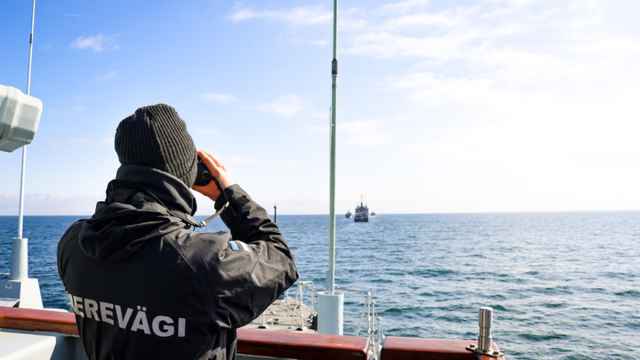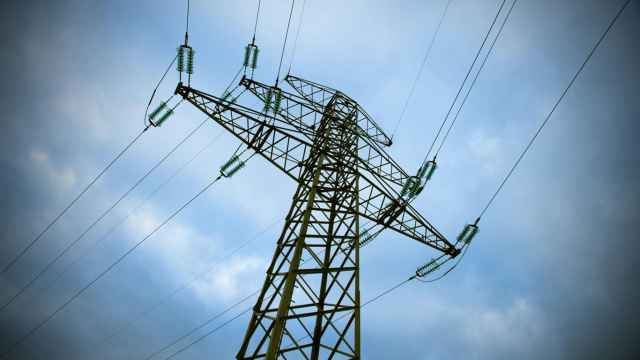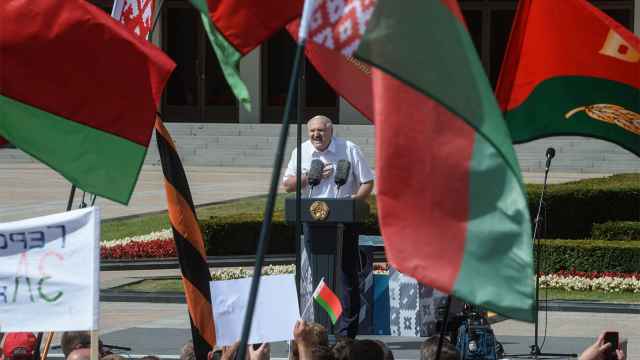Estonia, Latvia and Lithuania will disconnect their electrical grids from the Russian and Belarussian system (BRELL) in February next year, officials from the Baltic nations have confirmed.
“The desynchronization process, which has lasted for almost 20 years, will come to an end in early August when the Baltics inform Russia and Belarus that they do not want to be part of the new annual period starting next February,” Estonia’s Deputy Secretary for Energy Jaanus Uiga told national media on Tuesday.
The Baltic states will join the Continental European (UCTE) grid on Feb. 9, 2025, the day after disconnecting from BRELL. Desynchronisation was previously planned for the end of 2025.
Energy customers are not expected to be impacted by the switch.
Decoupling from the Russian and Belarussian grid, which is largely managed by Moscow, was declared a strategic objective by the Baltic nations’ prime ministers in 2007. The three countries consider electricity dependence on Russia a threat to their national security.
Estonia, Latvia and Lithuania are the only EU member states not currently connected to the UCTE grid. The three countries were integrated into the Soviet power network after they were annexed as “constituent republics” by the U.S.S.R. during World War II.
In 2018, the Baltic nations signed a deal with the European Commission and Poland that provided funding to upgrade their grid infrastructure to join the UCTE.
The three states agreed to use Lithuania’s existing LitPol electricity link with Poland, along with a new direct cable beneath the Baltic Sea. The deal required that the Baltic states decouple from Russia by 2025.
In May 2023, following Moscow’s full-scale invasion of Ukraine, the prime ministers of the Baltic nations agreed to accelerate the decoupling from BRELL. The total cost of switching is projected to be 1.6 billion euros (1.72 billion dollars), three-quarters of which is paid for by the EU.
The Kaliningrad region, a Russian exclave between Lithuania and Poland, has prepared for the switch by building new gas power stations, Estonian media reported.
A Message from The Moscow Times:
Dear readers,
We are facing unprecedented challenges. Russia's Prosecutor General's Office has designated The Moscow Times as an "undesirable" organization, criminalizing our work and putting our staff at risk of prosecution. This follows our earlier unjust labeling as a "foreign agent."
These actions are direct attempts to silence independent journalism in Russia. The authorities claim our work "discredits the decisions of the Russian leadership." We see things differently: we strive to provide accurate, unbiased reporting on Russia.
We, the journalists of The Moscow Times, refuse to be silenced. But to continue our work, we need your help.
Your support, no matter how small, makes a world of difference. If you can, please support us monthly starting from just $2. It's quick to set up, and every contribution makes a significant impact.
By supporting The Moscow Times, you're defending open, independent journalism in the face of repression. Thank you for standing with us.
Remind me later.






